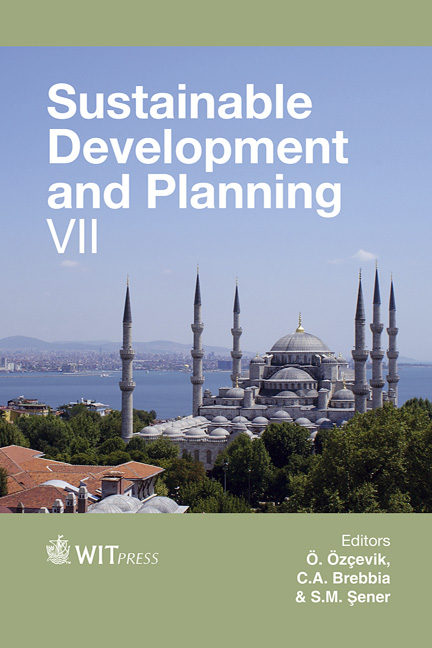Serving The Underserved: The Water–energy–food Nexus In In Socio-ecological Production Landscapes
Price
Free (open access)
Transaction
Volume
193
Pages
11
Page Range
181 - 191
Published
2015
Size
359 kb
Paper DOI
10.2495/SDP150151
Copyright
WIT Press
Author(s)
M. Spiegelberg, S. Hoshino, S. Hashimoto
Abstract
This paper sets out to show how Socio-Ecological Production Landscapes (SEPL) are the natural stage for the sustainable development of the Water–Energy–Food Nexus (WEF-Nexus) of rural inhabitants enduring insecure livelihoods and facing climatic changes.
Globally, about one billion people face water-insecurity, which is often interconnected with equally devastating deficiencies in energy- and food-security. The literature review revealed, that researchers, policy-makers and practitioners have shown that silo thinking, institutional mismatch, data gaps, the neglect of rural reality and a devaluation of local environmental knowledge block any efforts to improve the situation of either water-, energy- or food-security, and improved environmental governance and sustainable development in general. Long term approaches, integrative institutions coinciding with the natural systems, multilevel stakeholder participation and the maintenance and renewal of local, traditional techniques by diverse sets of knowledge have been identified as appropriate solutions to overcome those roadblocks. While the usual view of WEF-Nexus literature takes on a national and transboundary perspective, this on hand desk study argues that these solutions can be most effectively promoted on a SEPL scale. Despite rural exodus occurring in some regions, about 70% of the “bottom billion” still live in rural areas where their well-being and resilience depends strongly on the functioning of the local ecosystems and its services. Development efforts that recognize these dependencies and address them on the right level will result in sustainable and resilient livelihoods.
Keywords
water security, energy security, food security, landscape management, livelihood security, resilience, multilevel stakeholder participation, environmental governance, sustainable development, water–energy–food nexus





